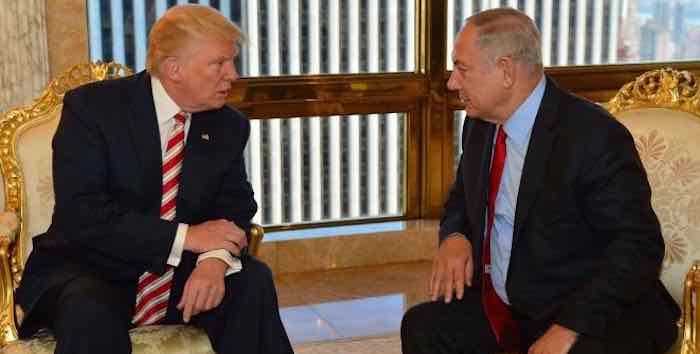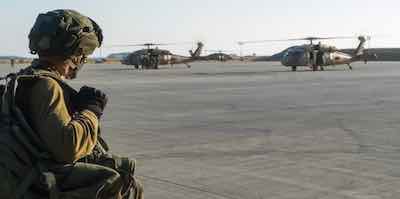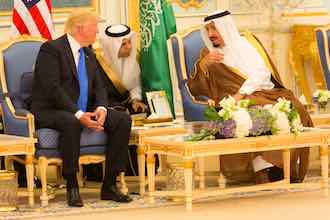The United States attack on the al-Shuayrat airport in Syria was met enthusiastically by a substantial portion of countries in Europe, including Britain, Spain, France, Italy, Portugal, Greece, Cyprus, and Malta. Even Germany, which for years has objected to military intervention in international conflicts, expressed support, with German Foreign Minister Sigmar Gabriel saying that the attack was in conformity with international law. In addition, senior European Union representatives, such as European Council President Donald Tusk and NATO Secretary General Jens Stoltenberg, welcomed the action. Middle East states, including Israel, Turkey, and Saudi Arabia, likewise said that they saw the event in a positive light.
- Thursday, April 27, 2017




